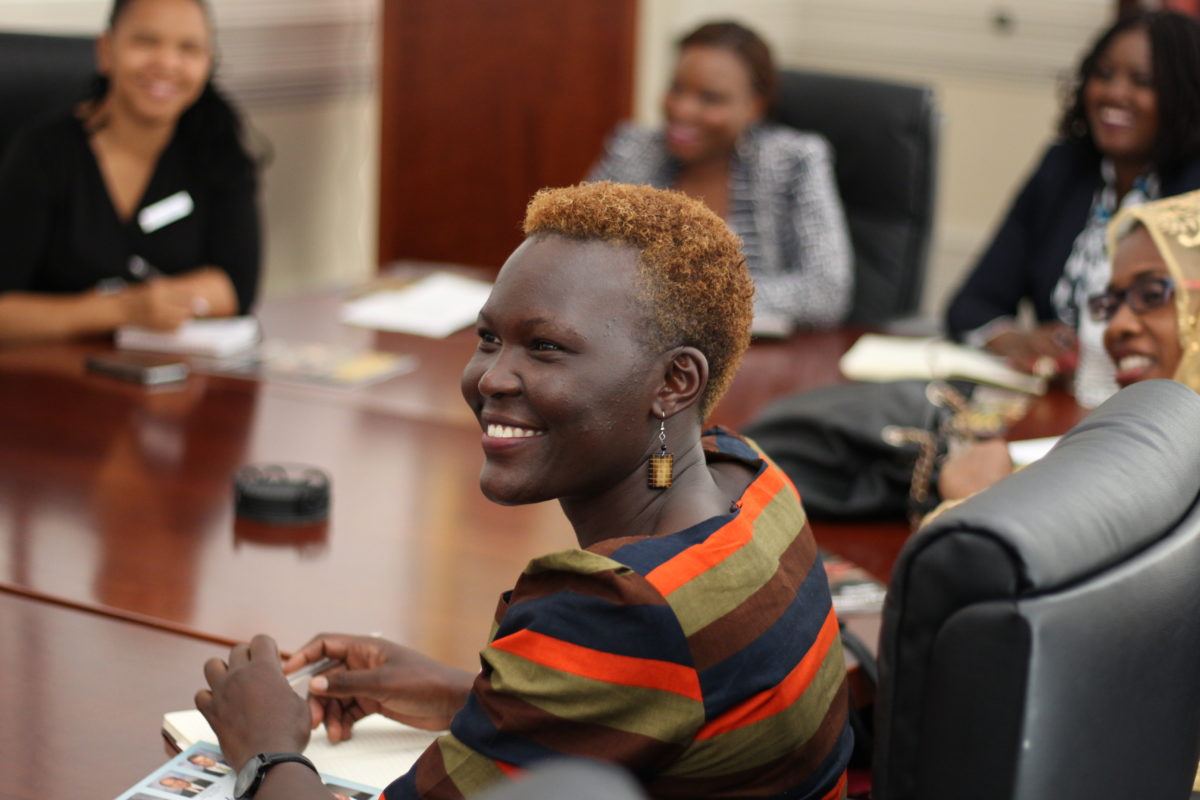
This November, the Mandela Washington Fellowship is excited to commemorate International Education Week and Global Entrepreneurship week. As we celebrate teachers and entrepreneurs worldwide who are demonstrating amazing ingenuity in the face of ongoing challenges, we are excited to feature the educators who have partnered with the Mandela Washington Fellowship to create and deliver relevant content to support Fellowship Alumni and 2021 selected candidates.
Learn about the courses we’ve launched on the Fellowship Portal to strengthen entrepreneurship skills:
- Navigating a Business in Uncertain Times: Strategies to Ensure Your Enterprise’s Long-Term Success | Drake University
- Identifying Market Needs and Gaps: Building Your Business During a Crisis | Rutgers, the State University of New Jersey
- Opportunities and Strategies to Promote Partnerships with U.S. Businesses | Rutgers, the State University of New Jersey
- Community Incubation Spaces: Effective Methods for Building Grassroots Economies | Drake University
- The Path to Job Readiness: Essential Skills to Increase Youth Employment | Lehigh University
- Digital Storytelling: New Models to Promote Local Initiatives After a Crisis | University of Georgia
“The bottom line isn’t as important as your stakeholders… If you look out for them you will have them on your side.”
Thelma Teetee Ahamba, 2019 Fellowship Alumna
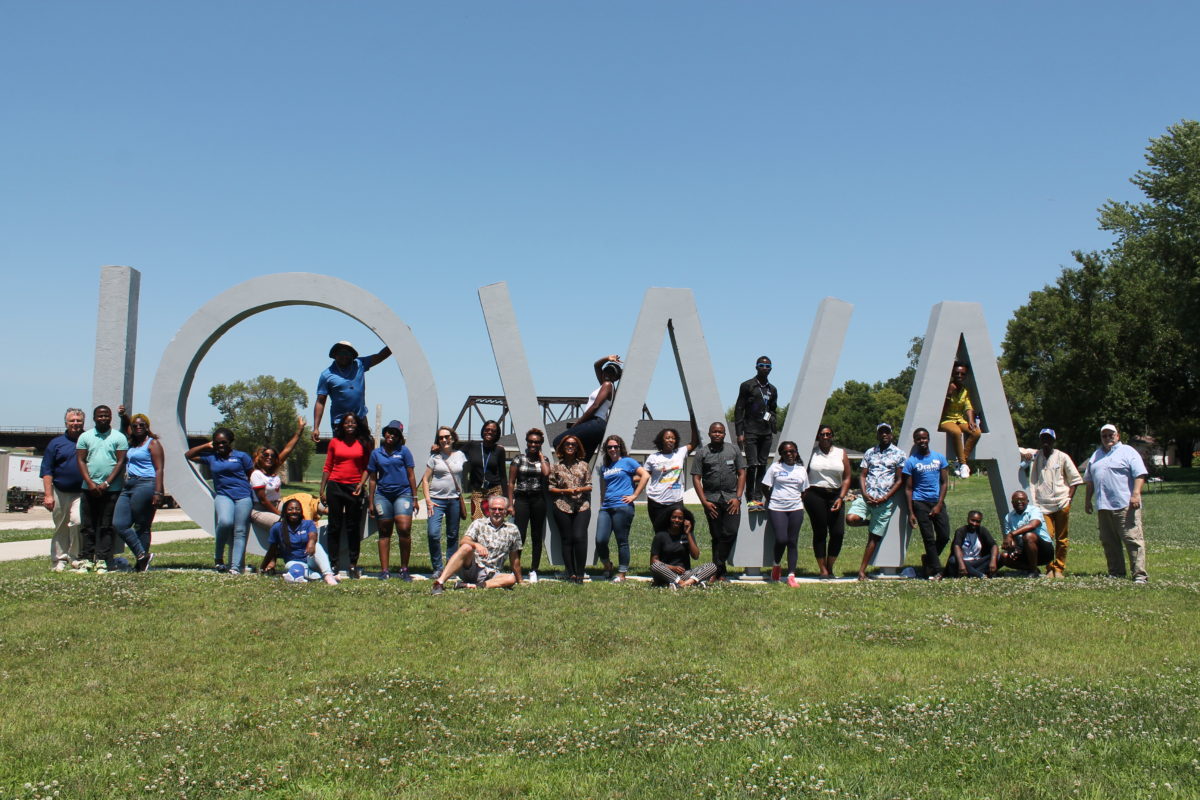
Navigating a Business in Uncertain Times: Strategies to Ensure Your Enterprise’s Long-Term Success
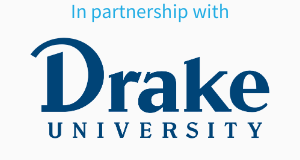
Business uncertainty and accompanying risk are inevitable, as has been clearly illustrated across the globe during the past few months. What can a business owner do to mitigate that risk? This course addresses types of risk and strategies for planning for disruption. Throughout the course, participants develop their own strategies for navigating business uncertainty. Learn more about this course.
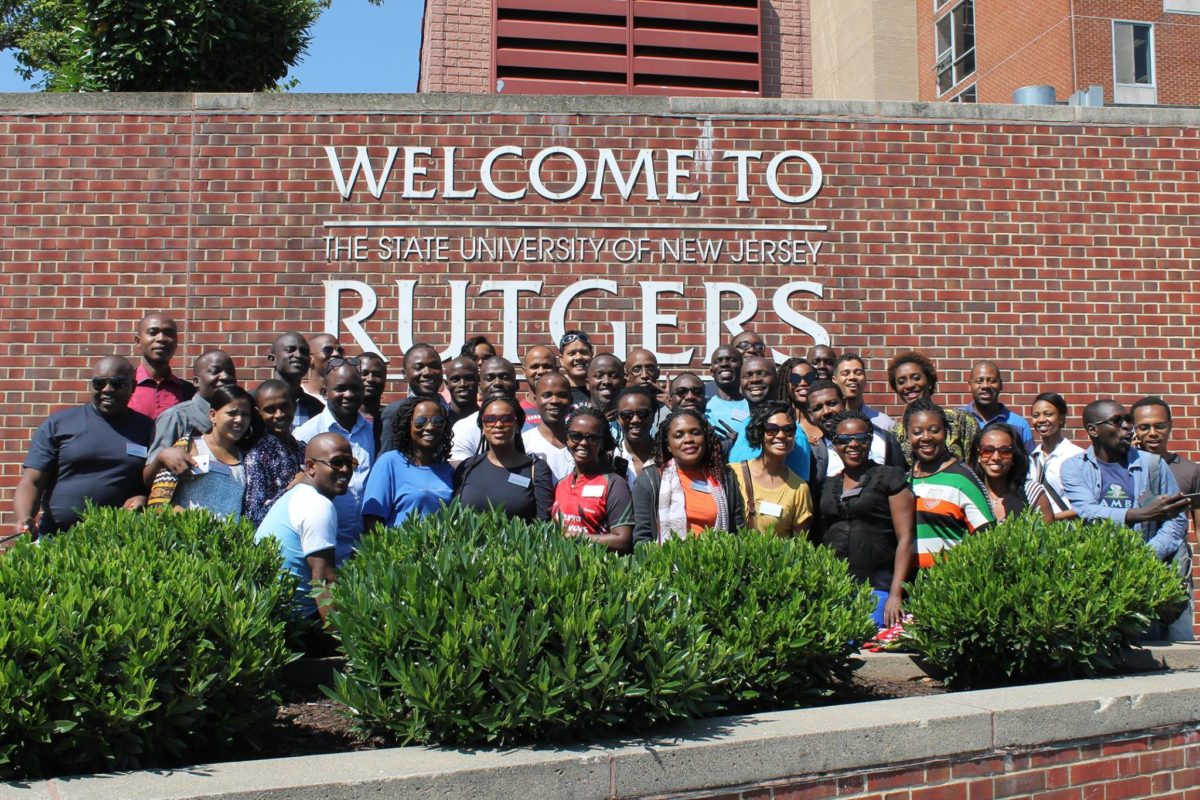
Identifying Market Needs and Gaps: Building Your Business During a Crisis
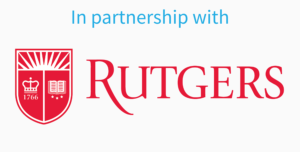
During a crisis, understanding the principles of supply chain management and crisis leadership are essential for identifying key needs for mitigation, rapid response, and orderly recovery. Identifying these needs is challenging in an ever-shifting market, and requires innovative thinking and leadership to identify new needs. This course provides participants with tools to build a resilient business model that includes crisis management, innovative decision-making, and leadership. Learn more about this course.
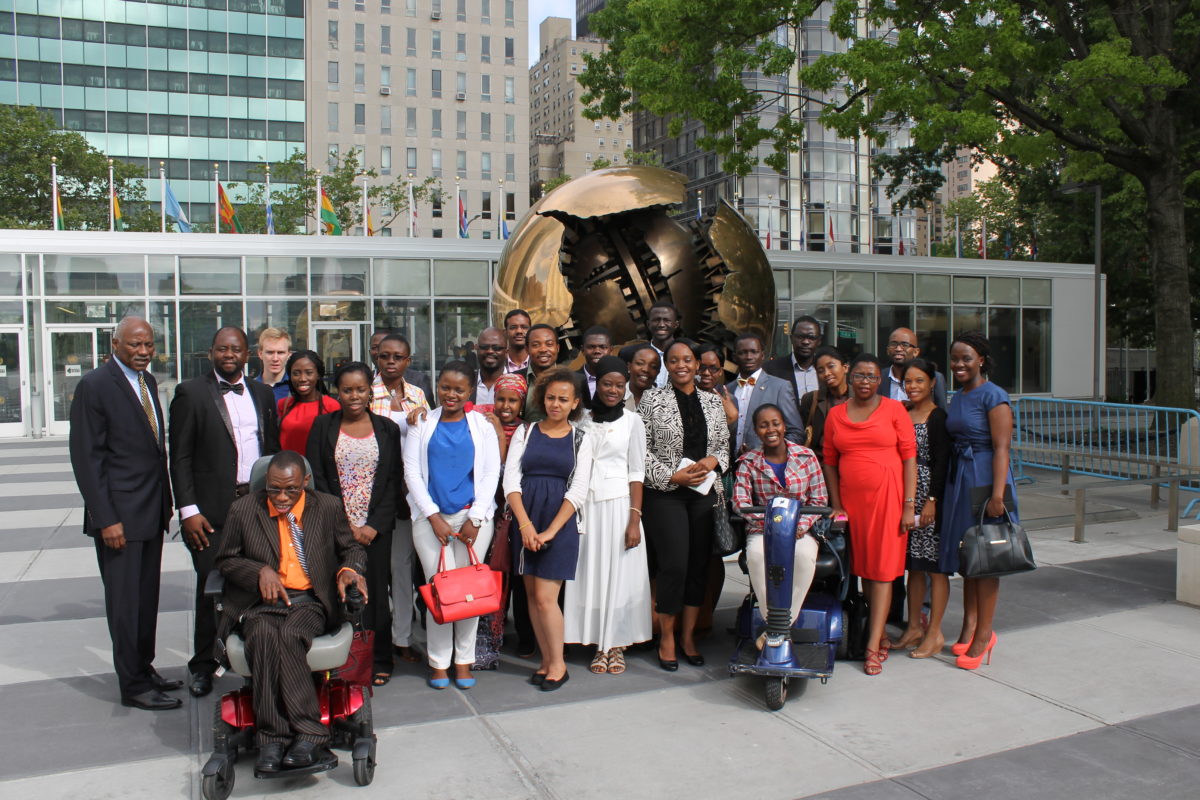
Opportunities and Strategies to Promote Partnerships with U.S. Businesses
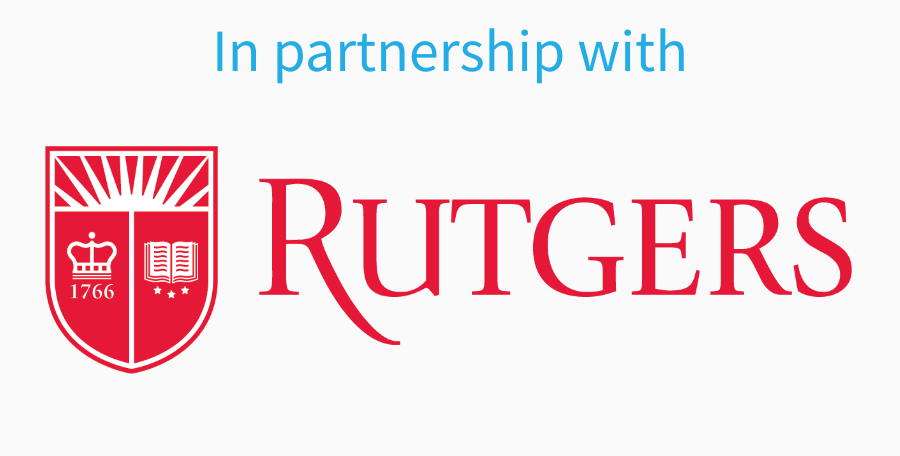
This course introduces participants to the nature and goals of Prosper Africa and other U.S. government business and partnership promotion initiatives. Participants are presented with resources to take advantage of the initiative’s entrepreneurial opportunities through a series of lectures, case studies, and expert interviews from the Rutgers Business School, the New Jersey business community, and beyond. Learn more about this course.
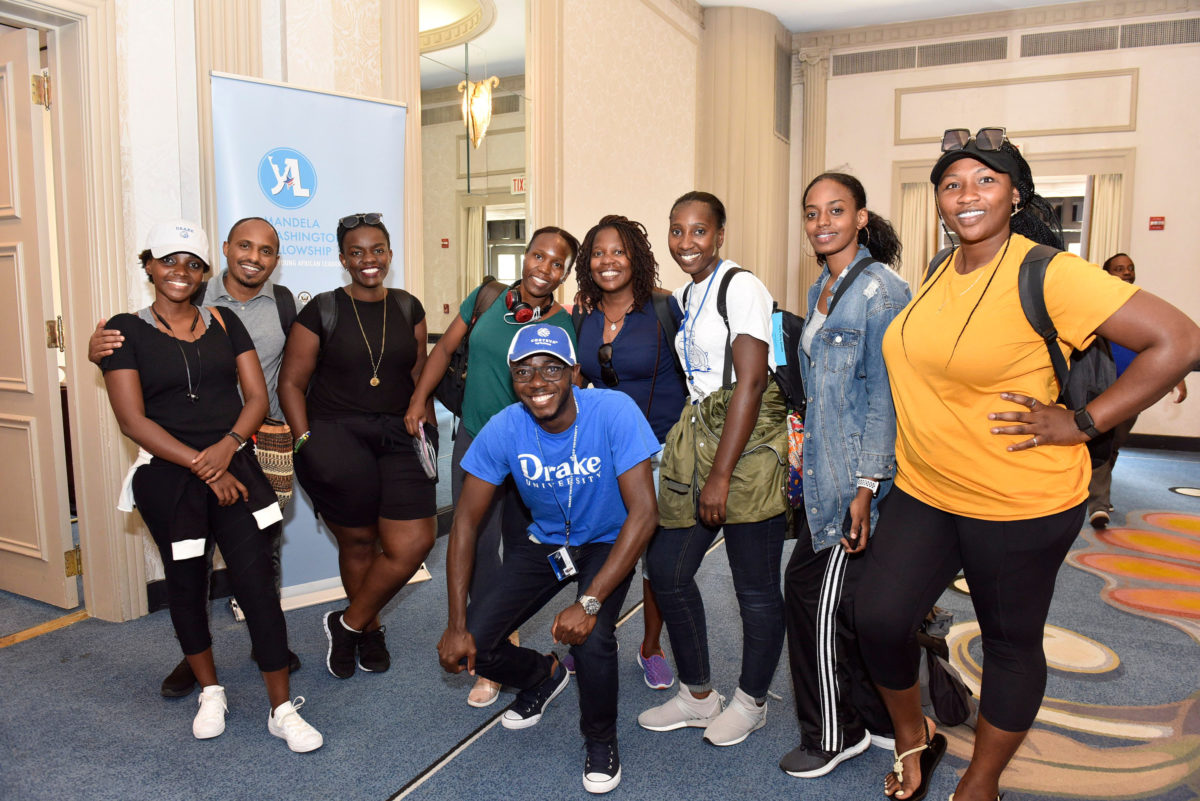
Community Incubation Spaces: Effective Methods for Building Grassroots Economies

This course begins with an overview of the different types of incubation spaces, including community incubators, entrepreneurship centers, business accelerators, and co-working spaces. The content then shifts to focus on incubator goals and what to consider when starting an incubation space, including location, services provided, expertise available, and funding options. Participants have the opportunity to take a virtual tour of a community incubation space in the United States, followed by an expert panel of Fellowship Alumni who provide advice on necessary considerations for creating an incubation space. Learn more about this course.
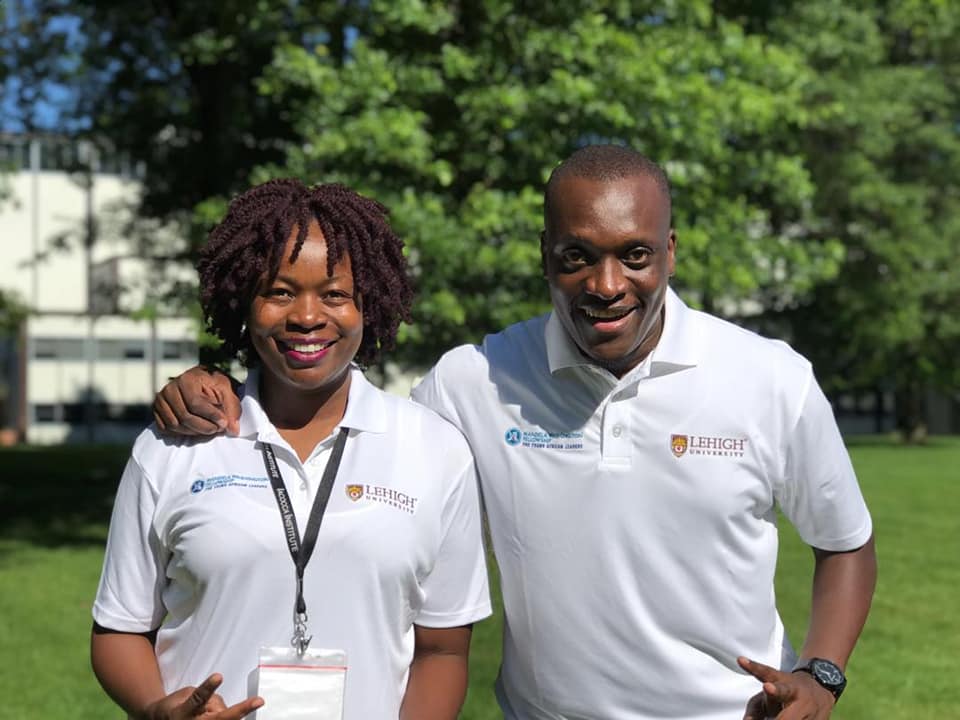
The Path to Job Readiness: Essential Skills to Increase Youth Employment
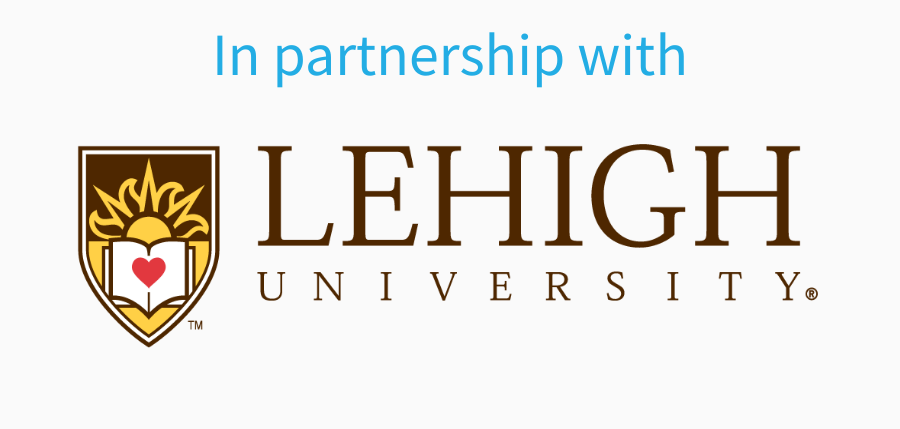
Building the leadership potential, employability, and entrepreneurial capacity of youth is one of the highest-leveraged investments a community can make in its future success. This investment is more important today than ever before, as the current COVID-19 crisis has strained local and regional economies and put many youth and their families at an increasing disadvantage. This topic explores (1) the evolving global forces that are changing the future of work and success factors for youth, and (2) the ways that communities can come together, using cross-sectoral partnerships, to support paths for job readiness and success for young people across two important age groups: youth aged 14-20 and young adults/professionals aged 20+. Learn more about this course.
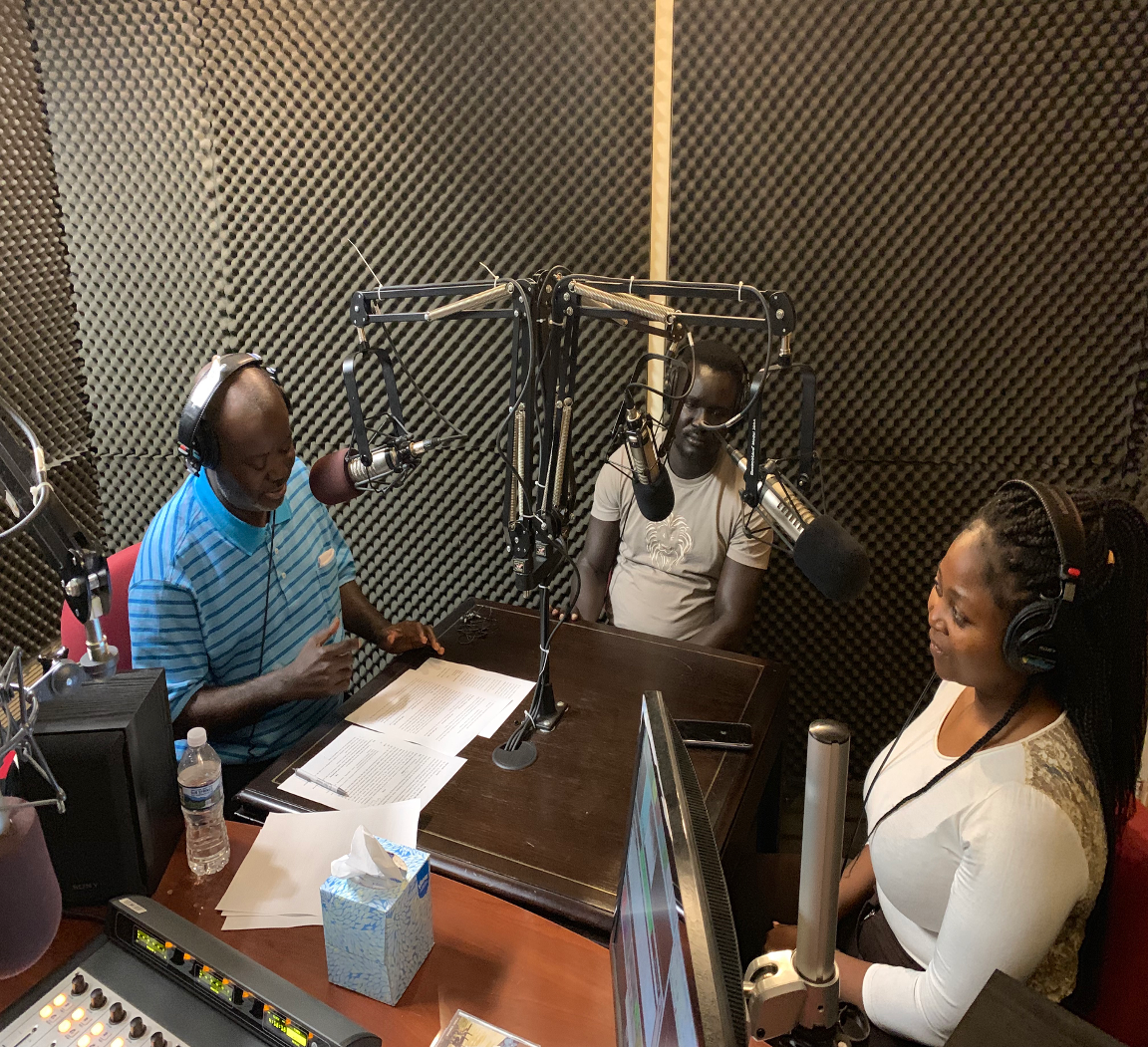
Digital Storytelling: New Models to Promote Local Initiatives After a Crisis
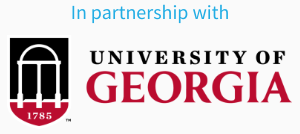
The digital revolution has produced major changes in the field of mass communication. Traditional media outlets often struggle to cover local issues due to decreases in financial and human resources. New production and distribution technologies, however, have produced new types of communicators and helped non-media organizations bring audio-visual products directly to the public. This course focuses on how organizations, particularly NGOs, can use digital platforms to promote their initiatives and raise awareness with their target audiences. Learn more about this course.